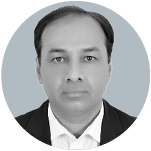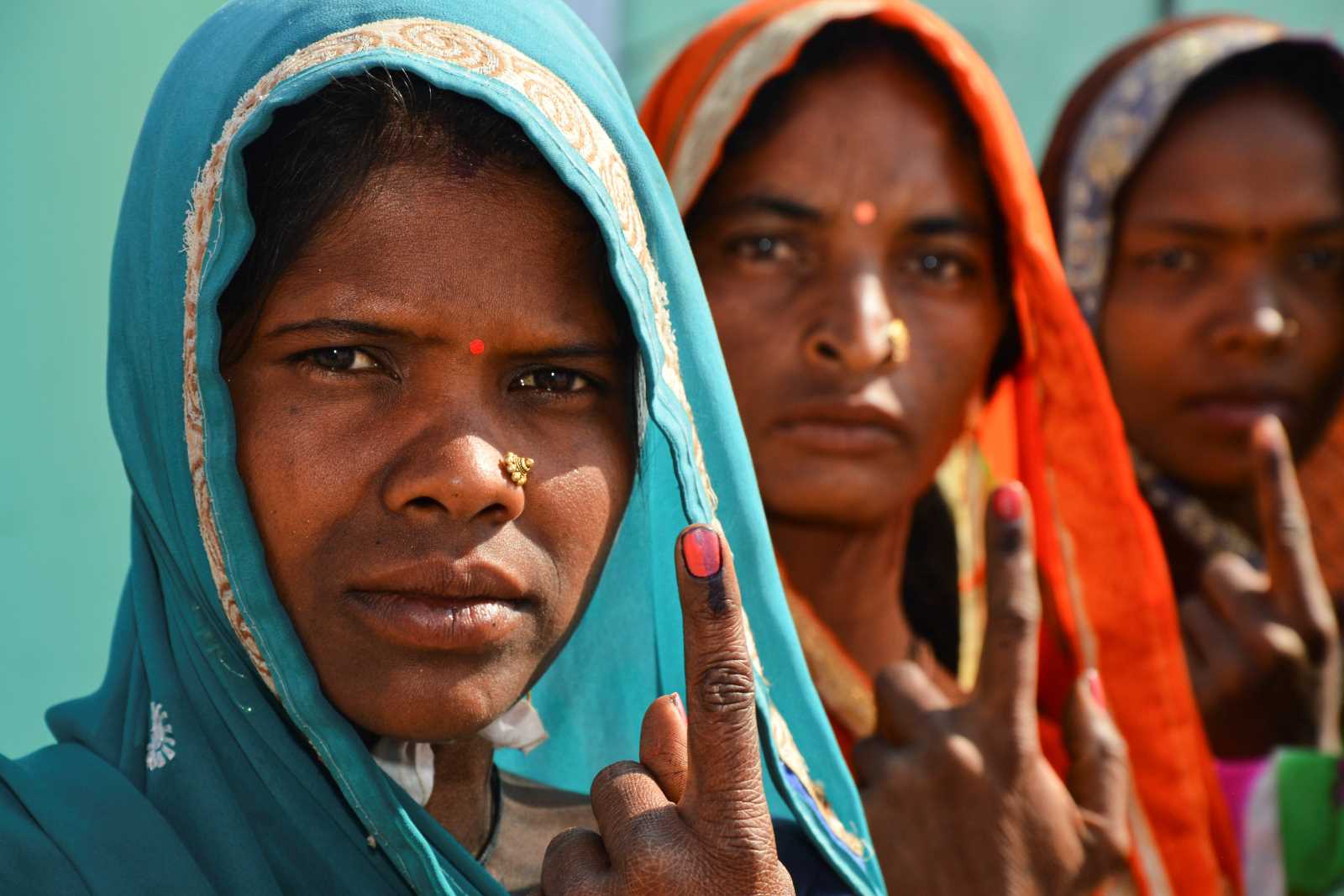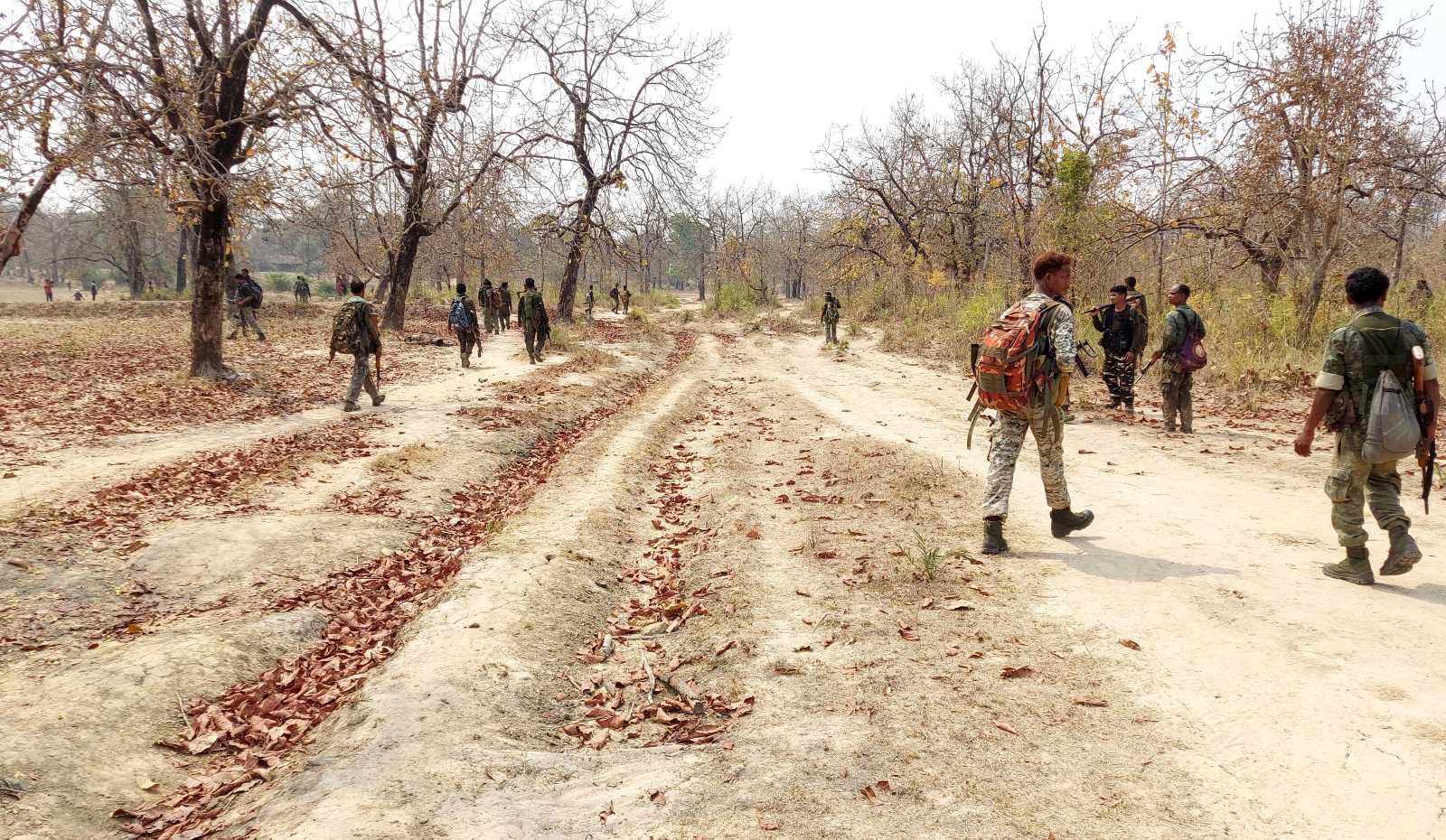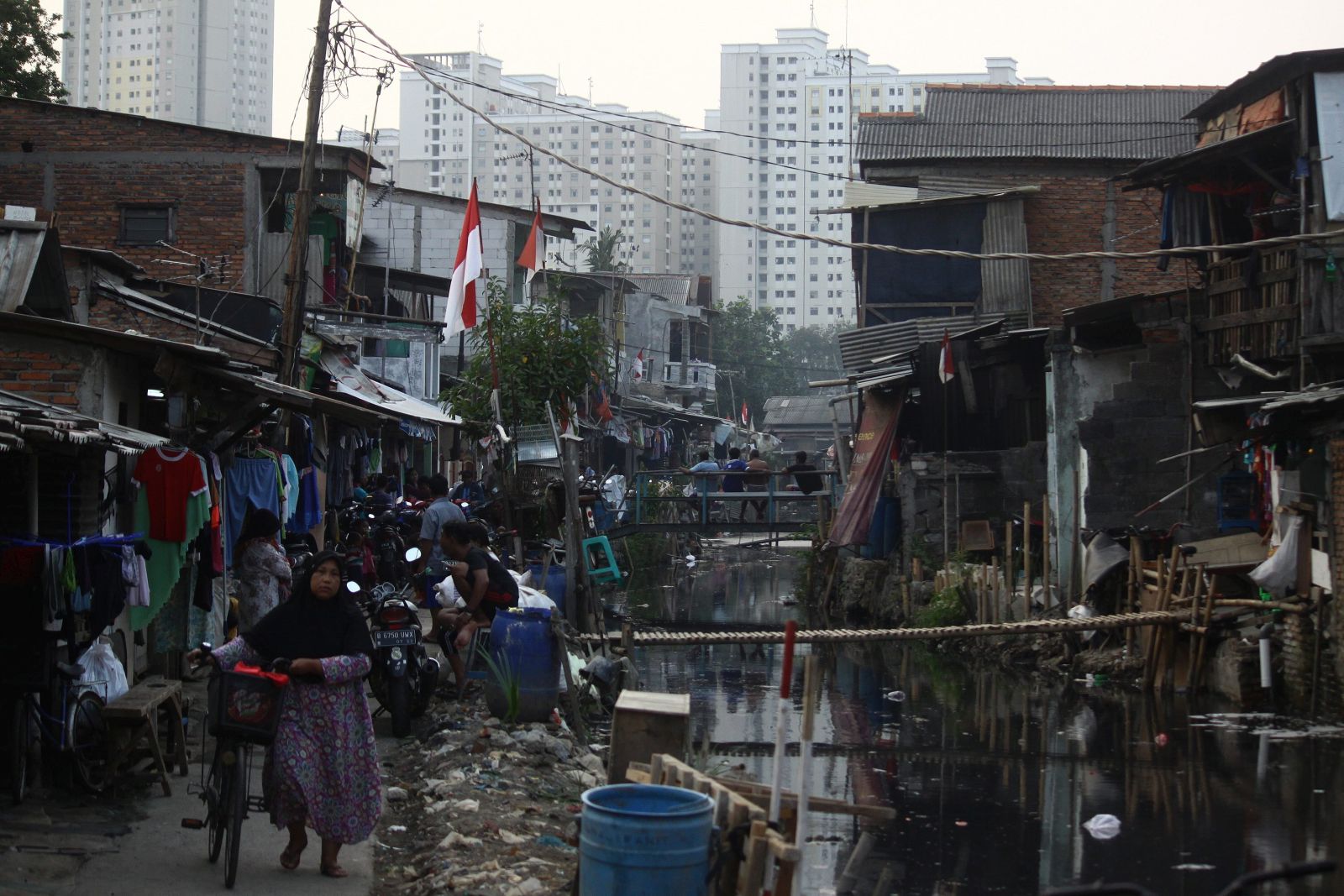Pakistan
Some poor people depend on garbage scavenging in Islamabad
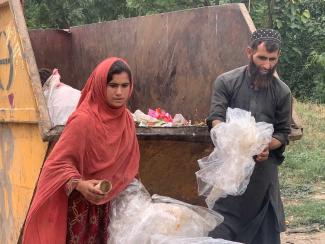
Every morning, Khushhal Khan walks about an hour to central Islamabad with three of his underage children. In well-to-do neighbourhoods, they collect reusable items from the garbage of prosperous households. With his 13-year-old daughter, he picks plastic bottles, paper, cardboard and other reusable things from municipal waste dumpsters. They collect the items in a big bag. Khan’s sons, nine and 10 years old, do the same kind of work in streets nearby, contributing to the family’s livelihood. Child labour is common in the informal sector and tolerated by government agencies.
Typically, the persons who are doing such environmentally useful work do not wear any protective clothing. Barefoot children often roam garbage dumps. Entire families are exposed to health risks they hardly understand.
In Pakistan’s cities, open spaces and riverbanks often seem to have become waste-disposal sites. Indeed, some places are unplanned, but systematically used disposal sites. Things would be even worse if poor people did not collect considerable amounts of waste which they can sell or otherwise make use of. Organic waste “disappears” from grocery markets this way too. Even on official municipal landfills, informal scavengers are at work. As unintended side-effect, they expand those facilities’ capacities.
In the eyes of Ahmad Rafay Alam, a lawyer who specialises in environmental matters, the informal waste-picking business is most valuable: “The people concerned remove vast amounts of metal, glass, paper, plastic and other materials from the environment”.
Feeding the cows
Khan and his three children work the whole day. In the late afternoon, they congregate and sort what they have gathered. They even have use for organic kitchen waste and left over food. They feed their three cows with it. Khan says that his family drinks some of the milk, but they also sell some in the local market.
On average, he reckons that he makes a daily 500 Pakistani rupees (the equivalent of about € 2.30) from selling non-organic waste items. “It is not enough to make ends meet,” he reports and expresses frustration with municipal waste workers who keep the most valuable items to themselves in order to earn some extra money on top of their monthly salary. “I have no other choice than to do this work because I am illiterate,” Khan points out. He says he would rather work hard than beg.
According to a recent study prepared by the multilateral Asian Development Bank (ADB), Pakistan generates about 30 million tonnes of municipal waste per year. Formally registered institutions are only estimated to manage 50 % of it, so informal waste pickers are playing a crucial role in reducing garbage volumes and feeding reusable material back into the economy. The ADB authors bemoan the lack of reliable statistics, but estimate that “more than 80 % of the valuable recyclables (paper, plastic, glass, metal and rubber) are taken away by the informal sector before they reach the dump sites.”
It is known, moreover, that many garbage scavengers are refugees from neighbouring Afghanistan. For decades, refugees have been living in Pakistan, with some residing in official camps and others in urban slums. Their incomes are low and typically do not suffice to properly feed families. The Khans are internally displaced people from the Khyber Pakhtunkhwa province which is on the Afghan border and has suffered civil unrest in recent decades. They live in an informal Islamabad refugee settlement, where many Afghans have found shelter too.
Complex supply chains
There are complex supply chains for waste paper, used metals, rags etc. Like the waste pickers, most middlemen are not formally registered. Zeeshan Ali’s shop depends on deliveries from people like Khan and his kids. His small shop is in central Islamabad. His clients see him there. He further sorts items before selling them on to his customers.
He estimates that he makes 1500 Pakistani rupees per day and complains that the amount is barely enough to cover his costs. He says his business is risky: “Whatever we buy, might be stolen after all. Whenever someone reports thievery in our area, the police come here to interview us.”
And still, Ali would like to expand his business. To do so, he would need more space – plus money for investments. Both space and money are out of reach, however. His profit margins are tiny and Pakistan’s economic situation is difficult. Inflation has been hurting small businesses for quite some time. In this regard, it makes no difference whether they are formal or informal. Sovereign default is looming. The new government (see Marva Khan on www.dandc.eu) is currently renegotiating to revive its stalled $ 6 billion loan programme with the International Monetary Fund (IMF).
The merits of informal waste management were appreciated in 2020 in an essay in the academic Journal of Cleaner Production (Yousafzai et al). Benefits were said to accrue in regard to food safety, public health and the environment, for example. The authors also stated that the persons concerned have no understanding of what they collectively contribute to social life in general: “A whopping 99 % majority of such workers (in Pakistan) pretend as if none of their kind exist, possess dual identities and are stigmatised due to refugee backgrounds.”
Unrecognised heroes
Those, who make their money this way, suffer a triple hardship: Their incomes are very low, they have no occupational-health provisions and, in cases of need, do not benefit from social-protection systems (see Hans Dembowski on www.dandc.eu). They are exposed to heat, wind and rain as well as various toxic substances. Whoever falls ill, entirely depends on their family. In hygienic terms, informal waste collection is awful.
The people concerned live in poverty and are looked down upon, even though their work serves both society and the natural environment in important ways. “Our cities benefit from these unrecognised heroes,“ says environmental lawyer Alam, “but they get nothing in return.”
Links
ADB, 2022: Solid waste management sector in Pakistan: A reform road map for policy makers. Manila, Asian Development Bank. https://www.adb.org/sites/default/files/publication/784421/solid-waste-management-pakistan-road-map.pdf
Yousafzi, M.T., Nawaz, M., Chunlin, X., Sang-Bing, T., and Chien-Hung, L., 2020: Sustainability of waste picker sustainopreneurs in Pakistan’s informal solid waste management system for cleaner production. In: Journal of Cleaner Production, Vol. 267.
https://www.sciencedirect.com/science/article/abs/pii/S0959652620319600
Imran Mukhtar is a journalist based in Islamabad.
imranmukhtar@live.com
Twitter: @imranmukhtar
